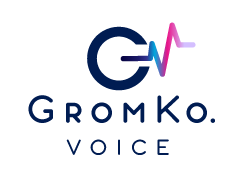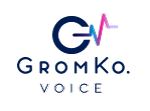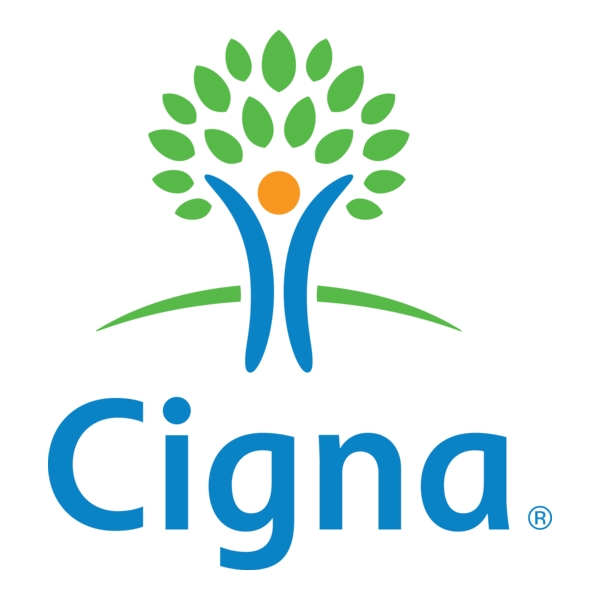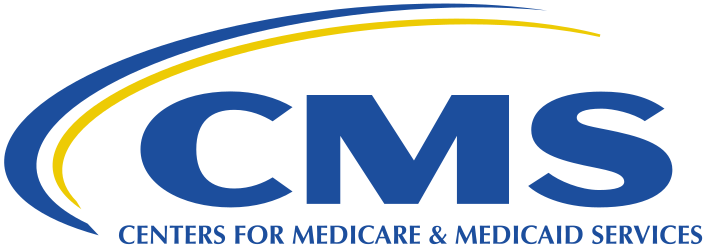Voice and Communication Therapy for Adults
Voice and Communication Therapy for Adults
I am incredibly grateful for the care and support I’ve received from Sarah. I’ve been seeing Sarah since the fall of 2023, a few months after having a stroke which impacted my speech. Her expertise, patience, and encouragement have played a huge role in the progress I’ve made and I continue to work with her to improve my reading and speech.
[Name withheld] had their confidence boosted, their words better articulated, their pace slowed down (when they remember), and they had hope that they would sound like they wish to be heard.The sessions went by quickly, [she] was always engaged, and it was evident that the therapist had a wealth of knowledge and experience.
I suffered a serious TBI and had serious issues with memory, executive function, concentration, reasoning, headaches and dizziness. Sarah Gromko has provided Speech Therapy services which have enhanced my cognitive ability, reasoning, concentration and minimized my headaches and dizziness. Sarah has been responsible for helping me manage and understand the issues related to my TBI and help me lead a functional life.
I had a stroke 8 months ago. I moved from Danbury Hospital to Meadow Ridge and worked with a home company, but none helped. Only after I started with Sarah Gromko did I experience a breakthrough. She taught me everything about my speech. I highly recommend her!
Sarah’s dedication to supporting your voice journey is unmatched. Her care and compassion makes working with her feel like a genuine partnership to find your authentic self. Her knowledge of the voice and speech is incredible and has been invaluable in overcoming each challenge I faced with achieving the voice that felt like me.
Reaching out for something like voice training can be a pretty intimidating prospect given that one can feel vulnerable, but I cannot say enough about how validating my experience with Sarah was…I feel like I am in a totally different place than I was pre-therapy…I highly recommend Sarah to anyone seeking a caring therapist to help you vocally!
Vocal Training has given me so much more confidence and has made me feel more like myself.
My time with Sarah Gromko has been a key component of my journey. She not only teaches voice from the perspective of sound and pitch, but many other aspects of communication that go hand in hand with my speech. Understanding what it means to express my self and actually being able to do it have been priceless to me. She has an uncanny ability to focus in on the finer points that specifically relate to me and keep the big picture in the mix during my lessons. While I will always consider this a “work in progress” I can say with absolute certainty that I would not have been able to enjoy as much progress and success as I have without Sarah’s guidance.
Providing therapy for a variety of issues adults may experience, especially after a stroke, concussion, or neurological diagnosis such as Parkinson’s:
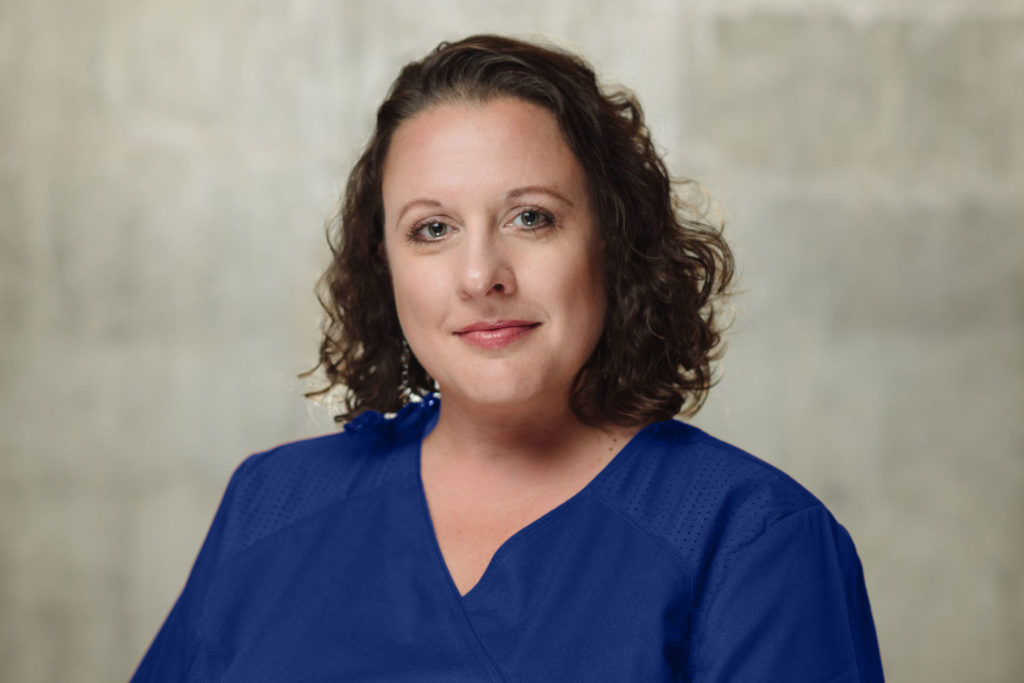
Everyone has something important to say.
While working with an affirming therapist, you can expect:
New Patients
Learn how you can benefit from therapy, what it’s like, and how to get started.
